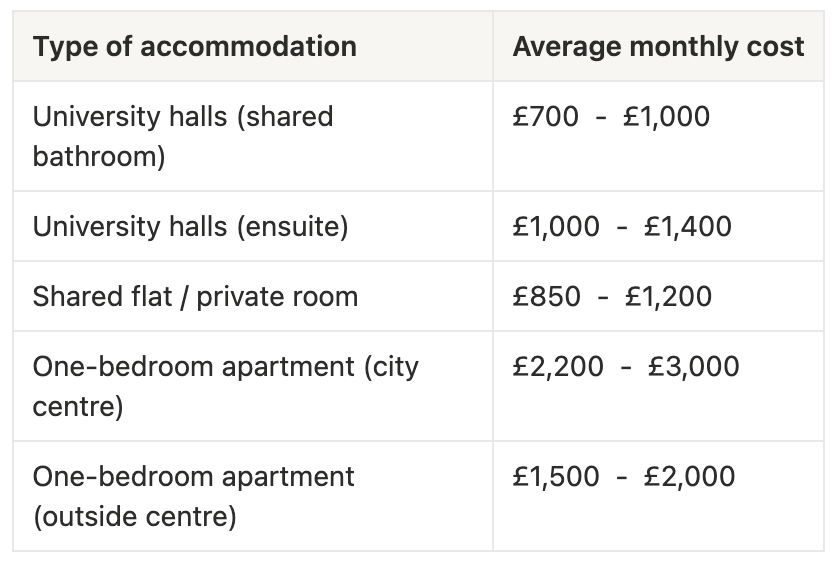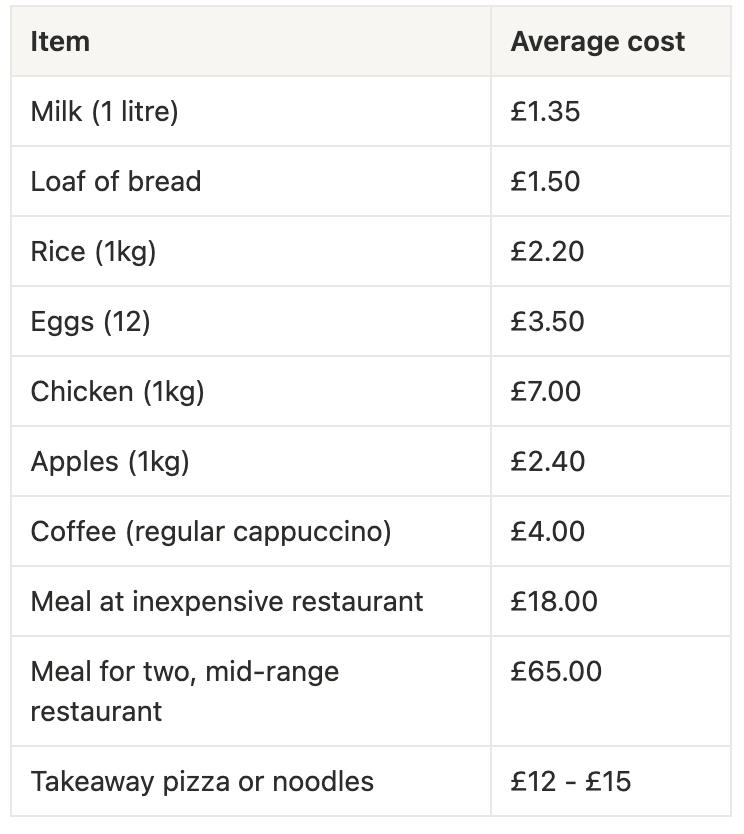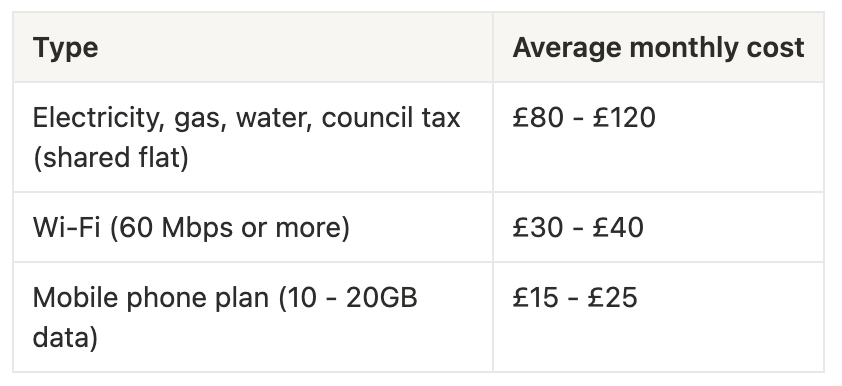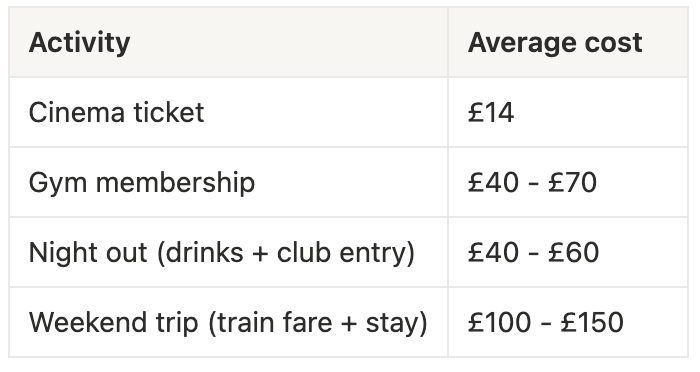

There are only a handful of moments quite as exciting as a confirmation mail from the university you applied to.
It’s that single moment when months of applications, essays, and anxious email refreshing finally pay off. It’s even more surreal when the university is in London, one of the world’s most popular and cosmopolitan cities.
However, once the excitement subsides, the important question of how much it will cost to live in London inevitably arises.
That’s why I’ve put together this guide. It’s a complete breakdown of what it really costs to live as an international student in London. We’ll cover everything from accommodation to entertainment, and I’ll show you how Grey helps you to make your pounds stretch further (especially if you’re receiving money from home).
So, let’s unpack the numbers, shall we?
Rent is almost always the biggest part of a student’s budget. It varies depending on where you live. Central areas like Bloomsbury, Shoreditch, and South Kensington are pricier because they’re near top universities (UCL, LSE, Imperial). If you’re okay with a longer commute, you’ll find cheaper options in areas like Stratford, Lewisham, or Wembley.

Many students save by sharing flats. Websites like SpareRoom or UniAcco help you find affordable, student-friendly housing. Remember that bills (electricity, Wi-Fi, water) often aren’t included in private rentals, so you’ll need to add another £150 - £250 monthly.
LDMAG1
How much you spend on groceries depends entirely on your lifestyle. Cooking at home can save a lot, especially if you shop smart. Supermarkets like Aldi, Lidl, Tesco, and Asda are student favourites, while M&S and Waitrose are pricier but great for the occasional treat.

If you cook most of your meals, you’ll likely spend around £150 - £250 per month on groceries. Eating out regularly or relying on takeaways can double that. You can also get student discounts in nearby restaurants and cafes. Also, meal prepping on weekends helps cut weekday costs and saves you from impulsive buying.
Also read: Cost of living in Alexandria
Public transport in London is excellent but pricey, so plan ahead as much as you can. Most students rely on the Tube, buses, and trains, with discounted Oyster cards or Student Travelcards to keep costs down. I recommend using Trainpal or Trainline to book trains ahead, especially when you’ll be travelling outside London.

If your classes are close to home, cycling can save a ton. Santander Cycles (Boris Bikes) cost just £20/month for unlimited 60-minute rides. Walking is also underrated in central London; you’ll be surprised how much you can explore on foot. It’s important to note that mobile maps, such as Google or Apple Maps, are helpful. The London commute can be very confusing, so it’s a great way to stay informed about your location. Ensure your device is charged, type in the address, and you’re all set.
If you live in university housing, utilities are usually included. However, if you’re renting privately, you may need to pay separately for essentials such as electricity, gas, and Wi-Fi. You can also find private accommodation with all bills included, but these are usually in the form of flatshares.

Students are exempt from paying Council Tax if they’re enrolled full-time, so make sure to get a letter from your university confirming your status.
Books, printing, and supplies might not seem like much, but the costs can quickly add up. Most universities have libraries stocked with required textbooks; however, some courses may require specific editions or software (you can use the Grey virtual card for this).

Most students also budget for occasional entertainment, streaming services, and social activities. It’s London. You’ll want to see a play, visit museums, or just enjoy a pint with friends now and then.
Also read: Cost of living in London vs New York: A full comparison
London is full of free and low-cost experiences. Museums like the Tate Modern, British Museum, and V&A are all free, and many theatres have discounted student tickets. Still, it’s nice to have a small leisure budget. A modest £150 - £250 per month for entertainment covers the occasional night out, gym membership, or city exploration.


Total estimated monthly cost: £1,500 - £2,500
Your exact budget depends on where you live and how you spend, but a realistic figure for most international students in London falls between £18,000 and £25,000 per year.
Also read: Cost of living in London
While studying your course in school, you’ll also need to learn how to manage your money outside of it. Many international students face the challenge of finding a reliable way to receive funds from outside the country or send some money back home occasionally.
Grey completely solves that. With a multicurrency account, you can receive money from home in USD, GBP, or EUR, convert at competitive rates, and spend directly in pounds, all without worrying about hidden fees or bad exchange rates.
So, if your parents send you funds monthly or even if you freelance part-time, Grey helps you manage your finances like a local.
Open a Grey account today or download the app and take one more thing off your student to-do list.
Disclaimer: This article is based on researched data and is intended to give you a general overview of the cost of living in London. The figures provided are estimates gathered at the time of writing and may vary depending on location, lifestyle, and market changes.




.svg)
Back to top